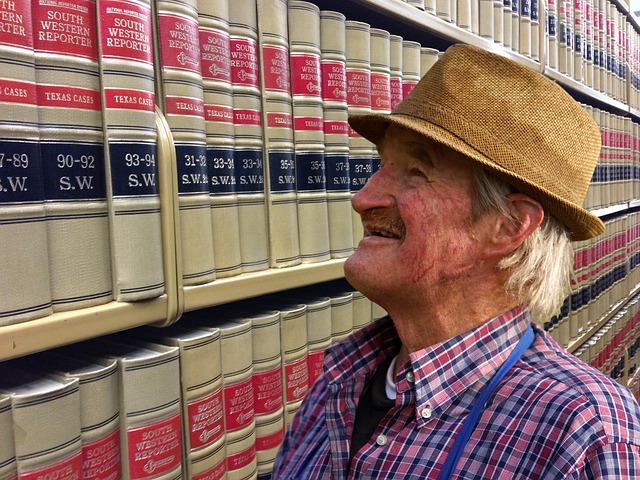Patients facing medical malpractice claims often resist due to emotional trauma, financial stress, and legal complexities like time limits, proof requirements, and multiple defendants. Overcoming resistance requires empathetic strategies from legal professionals and healthcare providers, educating patients about their rights and the claim process to build trust and encourage cooperation for improved healthcare standards.
In many medical malpractice cases, patients face unexpected resistance, hindering their ability to pursue justice. This article delves into the intricate dynamics of patient resistance during legal proceedings, offering a comprehensive guide for understanding and overcoming barriers. We explore common reasons behind patients’ reluctance to file claims, including fear, financial concerns, and mistrust in the legal system. Furthermore, practical strategies are presented to enhance patient engagement and encourage them to take proactive steps towards resolving medical malpractice issues.
- Understanding Patient Resistance in Malpractice Cases
- Common Barriers to Filing Medical Malpractice Claims
- Strategies to Overcome Patient Hesitancy During Legal Proceedings
Understanding Patient Resistance in Malpractice Cases

Patients facing medical malpractice claims often experience resistance due to a complex interplay of emotional, financial, and legal factors. The process of filing a claim can be overwhelming, leading to hesitation or outright rejection from patients who may feel vulnerable or unsure about their rights. Many individuals are unaware of their entitlements in such situations, especially when dealing with potentially life-altering events like Miami auto accident attorney cases or elder law concerns.
This resistance stems from the patient’s natural instinct to protect themselves and their loved ones, especially when facing significant medical bills, injuries, or even loss. The emotional trauma associated with these events can cloud judgment, making it difficult for patients to consider legal avenues. For instance, an Orlando auto accident attorney might encounter similar resistance from victims who are initially reluctant to pursue compensation due to the stress and uncertainty surrounding their injury claims. Understanding these barriers is crucial in ensuring that patients receive the support and guidance they need to navigate such challenging circumstances effectively.
Common Barriers to Filing Medical Malpractice Claims

Many patients facing potential medical malpractice face significant hurdles when considering filing a claim. Common barriers include short statutes of limitations, which require prompt action after an incident; high evidentiary burdens, where plaintiffs must provide detailed and conclusive proof of negligence; and the complex legal process itself, often deterring individuals from pursuing their rights. Additionally, insurance companies may employ tactics to discourage claims, such as offering low settlements or disputing liability, further complicating the journey for victims.
In the case of a Miami truck accident lawyer, wrongful death claims, or property damage cases, these challenges can be exacerbated by the potential for multiple defendants and the need for specialized knowledge. Patients may also face resistance from healthcare providers who deny any wrongdoing, making it crucial to gather comprehensive medical records and expert opinions to strengthen their case.
Strategies to Overcome Patient Hesitancy During Legal Proceedings

When patients face resistance or hesitate to participate in medical malpractice claims, it can significantly impact the case’s outcome. This reluctance often stems from fear, uncertainty, and a desire to avoid conflict. To overcome this, legal professionals and healthcare providers should employ empathetic strategies that build trust and ensure patient comfort. Educating patients about their rights and the process of a medical malpractice claim is crucial. This includes explaining how their involvement can lead to changes that prevent future instances of similar mistakes, ultimately improving healthcare standards.
Engaging patients in open dialogue and addressing their concerns can help alleviate fears associated with legal proceedings. An Orlando personal injury lawyer skilled in handling medical malpractice cases can play a pivotal role here by providing clear explanations tailored to the patient’s understanding. By presenting potential outcomes and the benefits of their cooperation, such as ensuring accountability and seeking compensation for suffering, patients are more likely to participate actively. This proactive approach not only strengthens the medical malpractice claim but also fosters a culture of transparency and responsibility within the healthcare system.
Many patients facing medical malpractice claims experience resistance due to fear, uncertainty, and a desire to avoid conflict. However, with the right strategies, legal professionals can overcome these barriers. By providing clear explanations, offering emotional support, and addressing concerns about compensation and the legal process, attorneys can help patients feel more at ease and encourage them to pursue their rightful medical malpractice claims.






